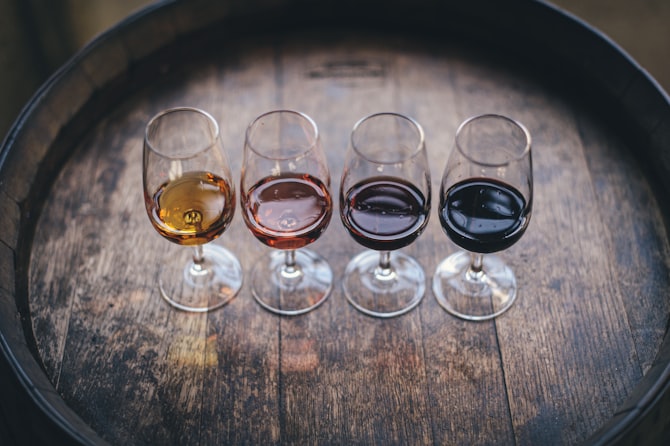At an event this weekend I met a very interesting person - a risk management consultant for the mining industry. Might sound dry, but really, it was not. His main focus was CSR, short for Corporate Social Responsibility, for companies active in sub-Saharan Africa. Why is this relevant to wine, you might wonder. Bear with me - there is a clear connection.
As I wrote in an article for Meininger’s Wine Business International on CSR in the wine industry, a well formulated CSR strategy is a blueprint for how the company takes responsibility for local and global environmental issues, as well as the health and well-being of employees, customers, suppliers and the surrounding community. It takes a second to realize the connection with risk management consulting. One clue is in the type of mining companies which constituted this consultant’s key customers - gold and diamond miners. Luxury products. Just like wine. So why is this relevant?
Imagine you have bought an engagement ring for your sweetheart. The product makes you feel good (just like a nice wine). A week later, you read in the newspaper that the supplier of diamonds that your jeweler buys from finances a ruthless warlord. How would you feel about the ring? Would it taint the experience? Probably. Would you buy a diamond from that producer again? Probably not. In the short term, setting policies and practices that are socially and environmentally sound might cost more, but in the long run, it will decrease risk of ruining the brand and thus protect their profitability.
Few, if any, major companies would make a change if it decreased their long-term profitability - their primary objective. A small, family producer might have a strong emotional attachment to his or her soil and might want to do what is right for the environment and the community. Most of the wine consumed, however, is produced in an industrial, large-scale fashion. Bulk wine is traded and blended on the international markets and branded by the buyer. Unless motivated by company policy to track it, the final buyer has no knowledge of the conditions of the workers where the grapes were sourced. Child labor, environmental damage, underpaid workers. We wouldn't know.
I am not cynical. I am optimistic. The only way the wine industry as a whole will alter its practices in the direction of being more environmentally sound and socially responsible is if you as a consumer care. The more we, as consumers, show this through our buying patterns and our interactions with the producers, the more financially interesting it will be for companies to step up to the challenge. Of course, we need to keep an eye on the good deeds not being just a marketing message. Luckily, in our modern, hyper-communicative society, there is always someone who is ready to out a “green-washer” or a cheater.
I will leave you with a key question posed by the consultant (at which my own response left a lot to wish for). What products do you actually pay more for in order to get organic or “Fair Trade” and why? To which I will add: What products do you actually spend any energy thinking about how they are produced? For what products would you be willing to use your consumer power to make a change? Coffe? Diamonds? Chocolate? Bananas? WINE? Do let me know!
Av: Erica Landin











